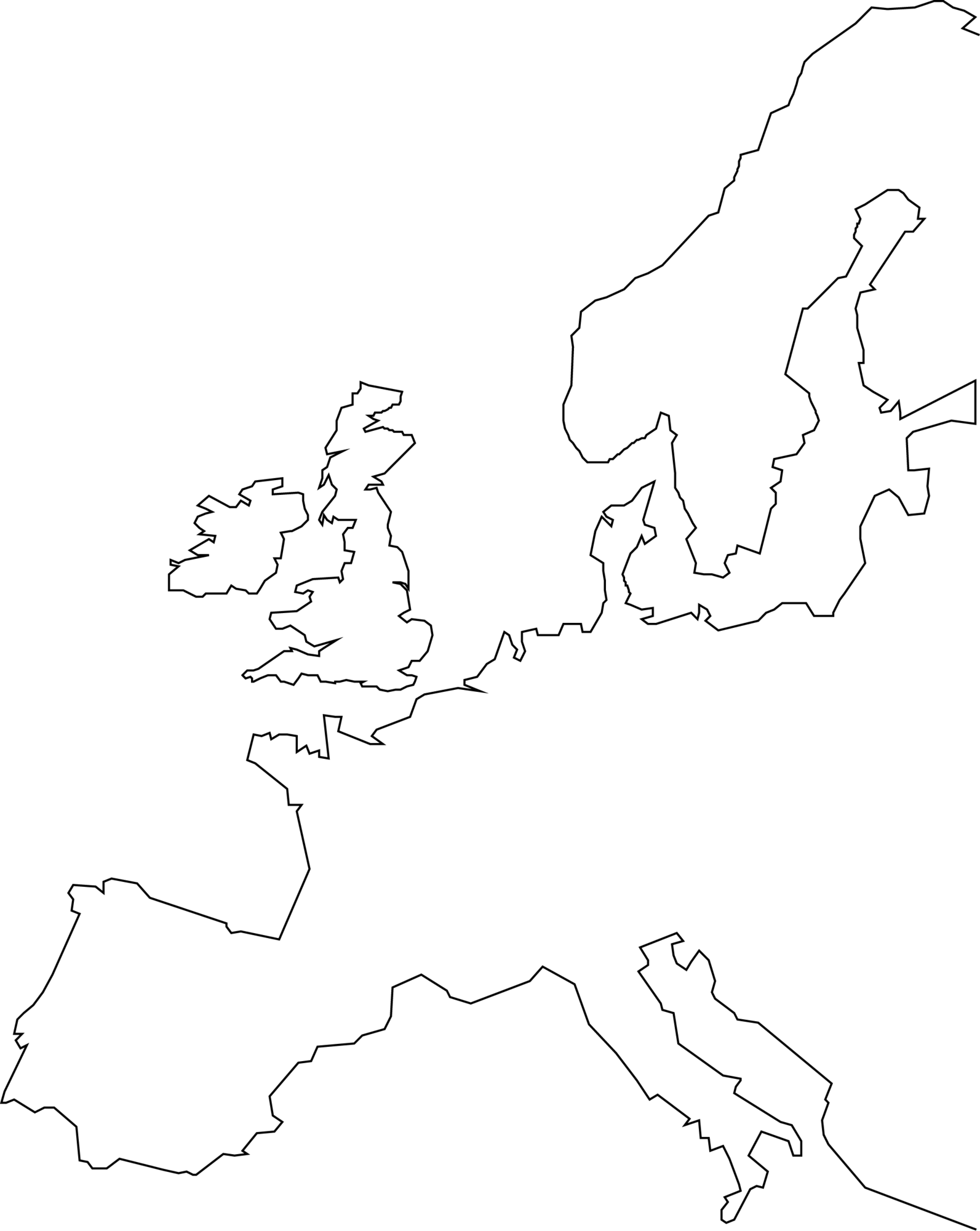About Convivium
Food as Living Heritage for a Sustainable Future
Horizon Europe is the EU’s key funding programme for research and innovation. Following the Multiannual Financial Framework Midterm Review (MTR) decision, the indicative funding amount for Horizon Europe for the period 2021-2027 is EUR 93.5 billion.
It tackles climate change, helps to achieve the UN’s Sustainable Development Goals and boosts the EU’s competitiveness and growth.
The programme facilitates collaboration and strengthens the impact of research and innovation in developing, supporting and implementing EU policies while tackling global challenges. It supports creating and better dispersing of excellent knowledge and technologies.
It creates jobs, fully engages the EU’s talent pool, boosts economic growth, promotes industrial competitiveness and optimizes investment impact within a strengthened European Research Area.
Legal entities from the EU and associated countries can participate.
Horizon Europe is the EU’s key funding programme for research and innovation. Following the Multiannual Financial Framework Midterm Review (MTR) decision, the indicative funding amount for Horizon Europe for the period 2021-2027 is EUR 93.5 billion.
It tackles climate change, helps to achieve the UN’s Sustainable Development Goals and boosts the EU’s competitiveness and growth.
The programme facilitates collaboration and strengthens the impact of research and innovation in developing, supporting and implementing EU policies while tackling global challenges. It supports creating and better dispersing of excellent knowledge and technologies.
It creates jobs, fully engages the EU’s talent pool, boosts economic growth, promotes industrial competitiveness and optimises investment impact within a strengthened European Research Area.
Legal entities from the EU and associated countries can participate.
“Perfection is achieved, not when there is nothing more to add, but when there is nothing left to take away.”
About Convivium
Programme
CONVIVIUM is a coalition of public and private European partners that brings a cultural dimension to the European Green Deal by harnessing the material and symbolic power of food. Recognizing food as a “living heritage,” the programme sees it as a shared, transformative experience that reflects societal change and supports local well-being. Rooted in the spirit of the New European Bauhaus, CONVIVIUM promotes sustainable, culture-based solutions through design prototypes, cultural events, new organizational models, and digital tools. These initiatives aim to support farmers, engage communities, and reshape the relationship between food, people, and place. The programme is guided by strong scientific, managerial, and collaborative structures, ensuring solutions are community-driven and forward-thinking. At its core, CONVIVIUM connects tradition with innovation to foster sustainability and inclusion.
Programme
Mission & values
CONVIVIUM is a coalition of public and private European partners that brings a cultural dimension to the European Green Deal by harnessing the material and symbolic power of food. Recognizing food as a “living heritage,” the programme sees it as a shared, transformative experience that reflects societal change and supports local well-being. Rooted in the spirit of the New European Bauhaus, CONVIVIUM promotes sustainable, culture-based solutions through design prototypes, cultural events, new organizational models, and digital tools. These initiatives aim to support farmers, engage communities, and reshape the relationship between food, people, and place. The programme is guided by strong scientific, managerial, and collaborative structures, ensuring solutions are community-driven and forward-thinking. At its core, CONVIVIUM connects tradition with innovation to foster sustainability and inclusion.
Methodologies
CONVIVIUM’s methodologies are rooted in collaboration, shared heritage, and conviviality, where individuals become a collective “we” through co-labor. They draw on the “ontological turn,” a perspective that sees research and practice as relational and performative—shaping the world rather than just describing it. This includes more-than-human thinking, which recognizes humans as part of an interdependent ecological community, central to the Zoöp model from Nieuwe Instituut. The approach is supported by design thinking and participative deliberation through workshops, mapping sessions, and hybrid forums. To overcome dominant norms, the project relies on the consortium’s strengths in empathy, critical thinking, and collaborative innovation.
Objectives
Location
The Lofoten Islands (NO)
Included in the Norwegian Tentative List for inclusion as UNESCO World Heritage (since 2002).
The city of Coimbra (PT)
University of Coimbra, Alta and Sofia: UNESCO World Heritage site (since 2013).
Flanders (BE)
Home to several UNESCO world heritage sites. Deeply agricultural, Flanders has over 23,000 farms despite its small geographical area. Densely populated, Flanders also hosts a diverse migrant and student population.
Rotterdam (NL)
The biggest harbour of Europe and the most diverse city in the Netherlands has a multicultural population, largely comprised of minorities from around the globe, with very different food heritages.
Gdańsk (PL)
Gdańsk is over a thousand years old, regarded as a symbolic place for the outbreak of the Second World War, as well as the start of the communist collapse in Central Europe. Gdańsk is a city of many cultural influences and geographical hybridity.
Basque Regions (FR, SP)
Cross-border regions sharing language, history, and viticultural, agricultural, and shepherding practices, each with distinct identities. Home to unique food and wine AOPs, the French and Spanish Basque regions hold great potential for cross-border diplomacy.



